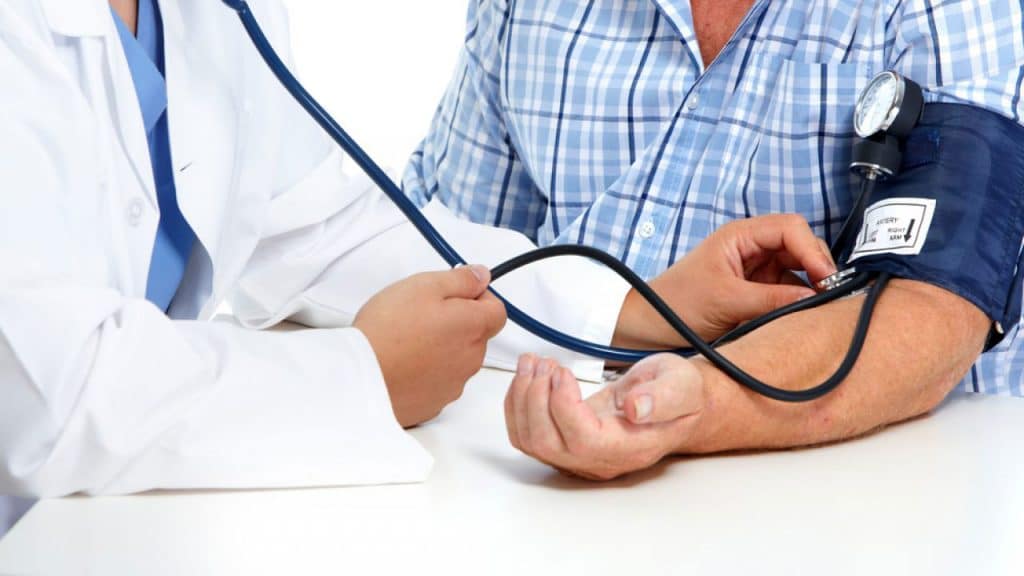For all the warnings about high blood pressure that your doctor may pronounce, if you do have what’s properly called hypertension, you might not even know it. It’s pretty rare for high blood pressure to show symptoms, and even when it does, they tend to be fairly mild.
If you have severe hypertension, you may experience some dizziness or headaches. Perhaps there’ll be a bit of chest pain or shortness of breath. You could develop blurred vision or the occasional nosebleed. The reason that high blood pressure can be worrying isn’t because of any of these things. It’s because of the increased pressure it puts on your blood vessels and pretty much all of the body’s organs, from the heart to the kidneys.
Some of the conditions that become more likely if you have hypertension aren’t surprising: heart attacks, heart disease, and strokes. Some might be less obvious, such as kidney disease, degenerating eyesight and even vascular dementia. What is clear is that if you want to live a long and healthy life, getting your blood pressure under control should be a priority.
That’s why so many trips to the doctor or nurse may involve a blood pressure cuff going around your arm. That’s especially true if you’re at high risk for hypertension, such as if you have a family history, or if you’re more than 40 years old. Things like race and class can also increase the likelihood of it developing, as can other medical conditions like diabetes.
The only way to know for sure if you have hypertension is to measure it. You can even do this at home if you have the right equipment and use the proper technique. Some pharmacies and clinics will also have machines. If your blood pressure is higher than 120/80, you’ll be warned of the possible dangers. If it’s over 140/90, you’re in the real danger zone and may have to start taking more definite steps.
This starts with lifestyle changes to your diet, exercise and sleep habits. Cutting back on smoking, alcohol and salt are big ones. If they don’t work, your doctor may recommend medication. More than a quarter of the world’s population are likely to develop hypertension in their lifetime, but with prompt intervention, it can be managed relatively easily.
In some cases, you may have what’s known as secondary hypertension. Unlike primary hypertension, which doesn’t have an obvious cause and may develop quite slowly, secondary hypertension results from other conditions. For example, various types of kidney disease, endocrine (hormone-related) disease including problems with the thyroid or adrenal gland and some types of tumors can cause secondary hypertension. It can also be linked to certain substances, both legal medications and illegal drugs.
Should your hypertension be caused by another condition, bringing it under control will involve managing that other condition. For example, you may need to alter any medications you are currently using. These kinds of decisions should always be made in consultation with your doctor. It should still be possible to bring your pressure down.




